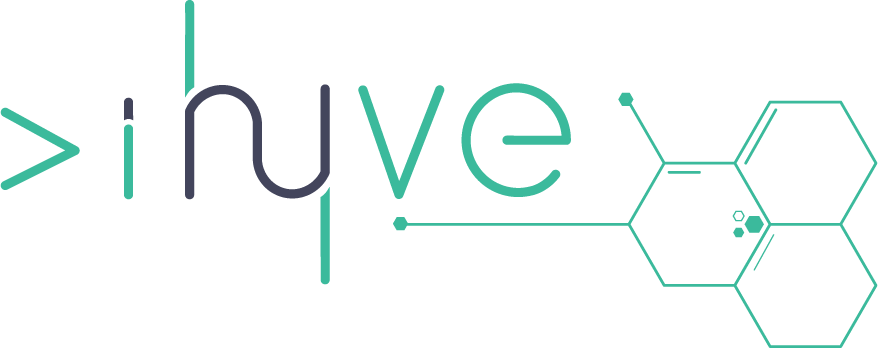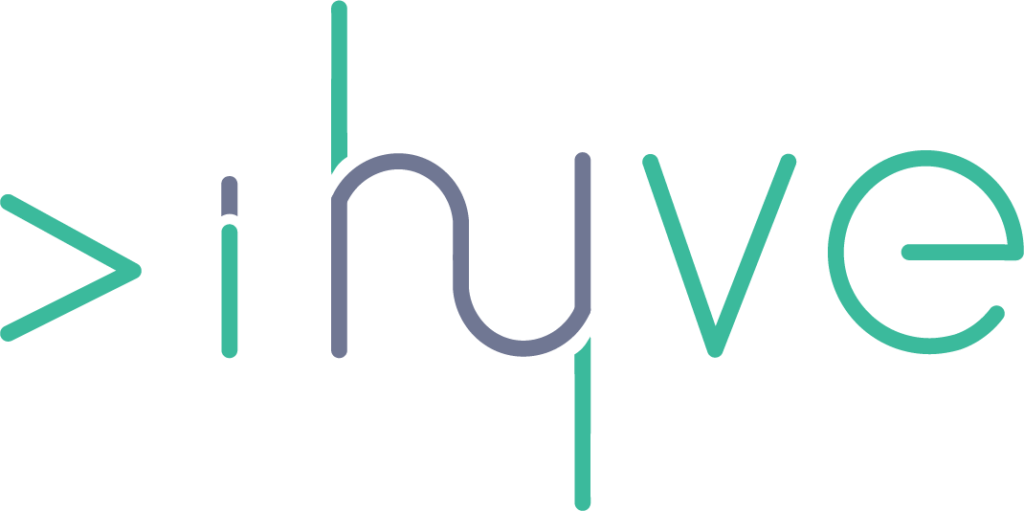NatWest Group, the British banking and insurance holding company, commissioned Oxera, an economics and finance consultancy firm, to uncover some of the challenges holding open banking back. The report, titled The (Unmet) Potential of Open Banking, also looks at the development of new innovative use cases that go beyond the regulatory mandate.
Since launching in 2018, open banking has been a qualified success. It has over seven million businesses and consumers using it to date. However, this only represents around 10 per cent of consumers and SMEs. Open banking payments, by several orders of magnitude, are dwarfed by more traditional payment options like cards or direct debits.
The report identifies the economic challenges that currently prevent open banking from reaching its full potential. These include a lack of commercial incentives to develop or enhance APIs, and a lack of alignment between ASPSPs (Account Servicing Payment Service Providers – i.e banks) on the benefits of open banking. There are also significant challenges around managing trade-offs, for example in relation to security and convenience, within the open banking ecosystem.
There are three possible routes forward to address these challenges. The first two are already under discussion. The Oxera report suggests an additional third option:
Mandate banks to offer a wider range of use cases: Expand the scope of open banking and require banks to provide the necessary data via APIs for free.
Commercialised APIs: Encourage banks to expand open banking use cases through premium APIs.
A multi-party system: Enable multi-party systems to emerge that have a commercial incentive to grow the open banking ecosystem through the design of new, flexible frameworks for industry collaboration.
Choosing the right route on a case-by-case basis
The report notes that different routes may be optimal for different open banking use cases. Some use cases may benefit from hybrid approaches: for example, mandating the development of an API, but leaving its commercialisation to the banks themselves, or to a multi-party system.
Claire Melling, head of bank of APIs at NatWest Group, commented: “This report makes it clear that banks, fintechs and regulators need to work together to design new, flexible frameworks and commercial incentives that will support a far wider range of open banking use cases. By acting on the recommendations in this report, we can enable open banking to reach its full potential. Consequently, we are aiming to deliver new and enhanced propositions that will improve customer choice and experience.”
Nima Montazeri, chief product officer at Liberis, the embedded finance platform, further added: “Open banking has the power to unlock rapid access to funding, and benefit customers when they need it most. Partnerships between fintechs and traditional banks have grown considerably, and the adoption of open banking technology is revolutionising the finance industry.
“Mandating banks to offer a wider range of use cases through free APIs and commercialised premium APIs can benefit customers by offering a streamlined financial experience, and provide an additional revenue stream for banks. Additionally, enabling multi-party systems through flexible, collaborative frameworks can drive the growth of the open banking ecosystem, and give way to greater innovation.”
The post NatWest Identifies 3 Ways to Help Open Banking Achieve its Full Potential appeared first on The Fintech Times.





